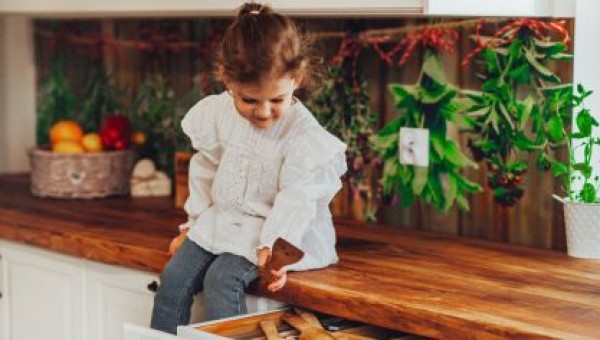
- /
- For customers
- /
- Blog
- /
- Inspirations
The principles of Feng Shui in interior design
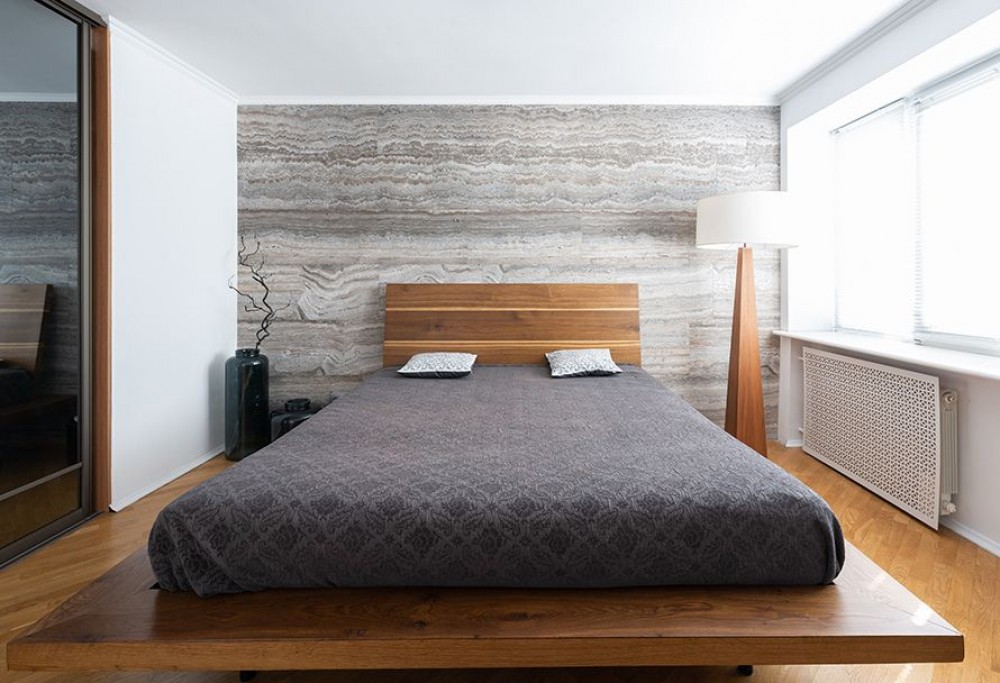
Feng shui, an ancient Chinese philosophy, is a powerful tool that can enhance the harmony and balance within a space. When applied to interior design, feng shui principles can create a positive and harmonious environment that promotes well-being and prosperity. In this article, we will explore the fundamental principles of feng shui in interior design and how they can be utilized to create a harmonious living space.
Basic Feng Shui rules for a house
In feng shui, there are several fundamental rules to consider when designing a house. These include:
Clearing clutter: Clutter is believed to disrupt the flow of energy, or "qi," within a space. Keeping your home tidy and organized allows energy to flow freely and promotes a sense of calmness and clarity.
Balancing the five elements: Feng shui recognizes five elements—Wood, Fire, Earth, Metal, and Water—and their specific characteristics. Incorporating a balance of these elements in your home's design creates a harmonious and balanced environment.
Maximizing natural light: Natural light is considered a vital source of positive energy. Ensure that your home allows ample natural light to enter by using light-colored curtains or blinds and arranging furniture to avoid blocking windows.
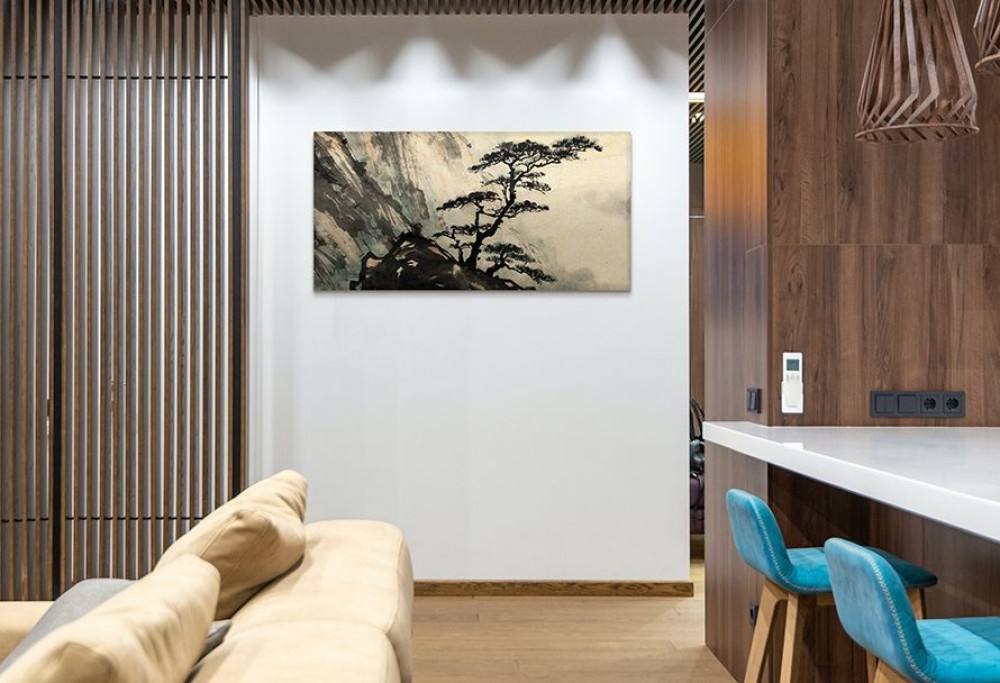
How Feng Shui is used in interior design?
Feng shui principles can be applied to interior design in various ways. Here are a few key considerations:
Furniture placement: The arrangement of furniture plays a crucial role in feng shui. Position key pieces, such as beds and desks, in the "command position" facing the entrance of the room to promote a sense of security and control.
Color choices: Colors have distinct energies in feng shui. Selecting appropriate colors for different areas of your home can influence the mood and atmosphere. For example, soothing blues and greens are often used in bedrooms to promote tranquility, while vibrant reds can energize a living room.
Creating a balanced flow: The flow of energy within a space is important in feng shui. Arrange furniture and create clear pathways that allow energy to circulate freely. Avoid blocking pathways with furniture or other obstacles.
Using Feng Shui to decorate a room
When decorating a room, feng shui principles can guide your choices. Consider the following:
Bring the outdoors in by incorporating plants and natural elements into your interior design. Plants not only purify the air but also symbolize growth and vitality, creating a connection to nature within your space.
Mirrors are often used in feng shui to expand and reflect energy. Placing a mirror strategically can enhance natural light, create a sense of spaciousness, and redirect the flow of energy.
Select artwork and décor that resonate with positive emotions and imagery. Choose pieces that evoke a sense of joy, serenity, and inspiration. Displaying meaningful artwork can uplift the energy and ambiance of a room.
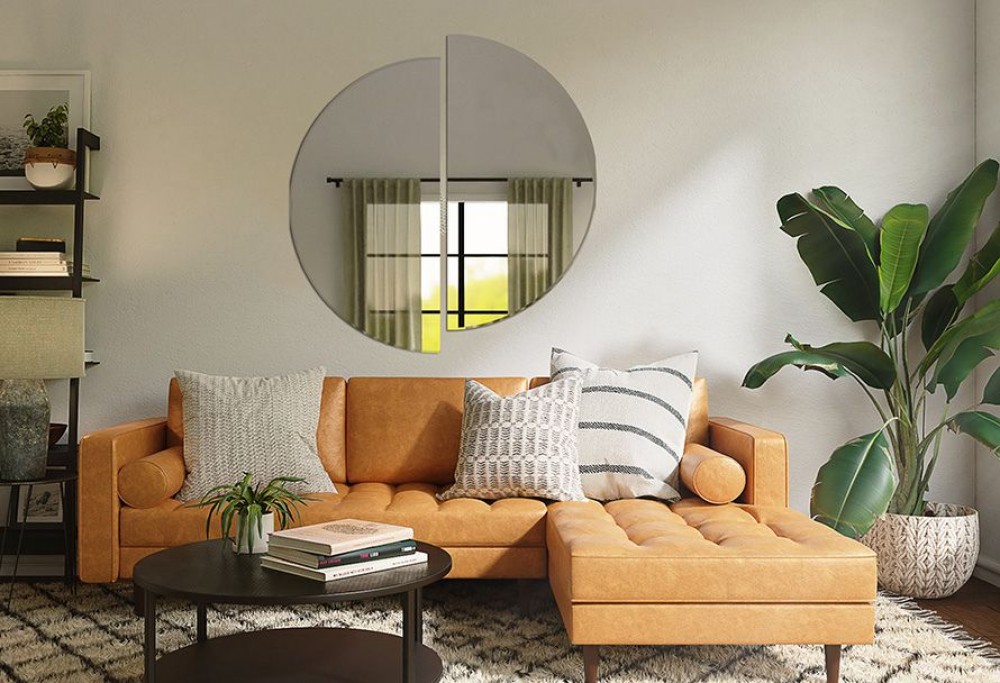
Examples of bad Feng Shui
Certain design choices can create negative feng shui in a space. Some examples include:
Cluttered and disorganized spaces: Clutter not only blocks the flow of energy but also creates a sense of chaos and overwhelm. Clearing out unnecessary items and organizing your space is essential for good feng shui.
Blocked doorways and pathways: Obstructed doorways and pathways hinder the natural flow of energy and can create a sense of stagnation. Ensure that doors and pathways are clear and easily accessible.
Poor lighting: Insufficient or harsh lighting can create a stagnant and gloomy atmosphere. Incorporate a variety of lighting sources to create a balanced and well-lit space. Use a combination of natural light, ambient lighting, and task lighting to enhance the energy flow and create a welcoming ambiance.
Feng shui - what causes bad luck in a house?
According to feng shui beliefs certain factors can bring about bad luck or negative energy in a house. These include:
Broken or non-functioning items - repair or replace these items to restore the flow of positive energy.
An imbalance of the five elements - Wood, Fire, Earth, Metal, and Water
Avoid displaying artwork or decor with negative symbolism or imagery that evokes sadness, violence, or conflict. Opt for positive and uplifting symbols that promote harmony and well-being.
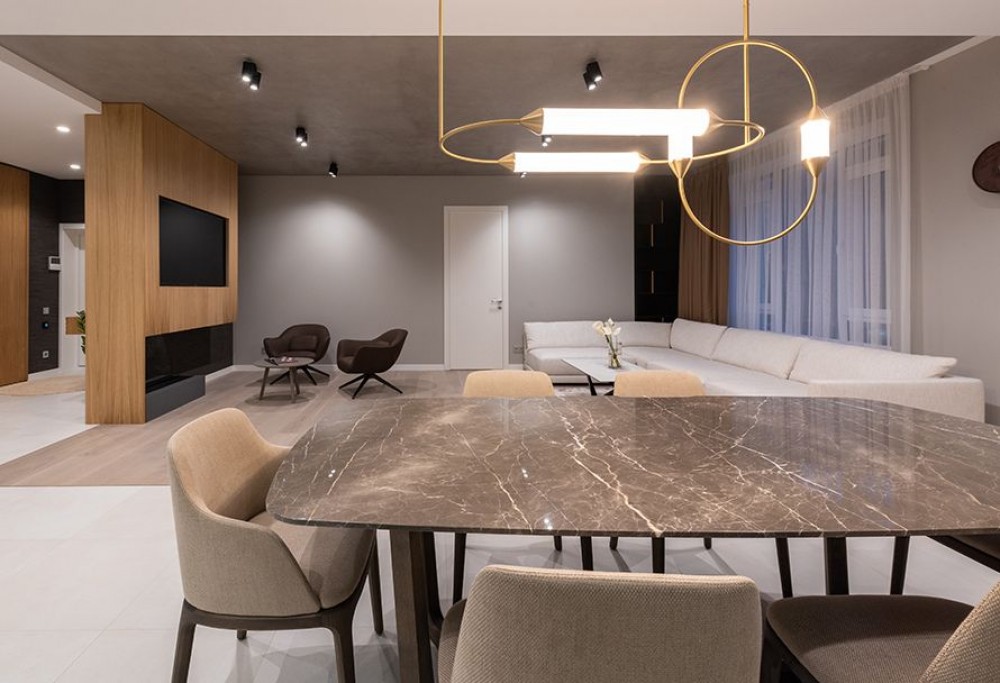
Remember, feng shui is a deeply personal practice, and it's essential to trust your instincts and create a space that resonates with you. By considering these principles and infusing your own personal style, you can create a home that not only looks aesthetically pleasing but also supports your well-being and brings positive energy into your life.
If you're interested in exploring specific elements of interior design to enhance your feng shui practice, you may consider exploring products such as canvas prints, wallpapers, and mirrors. You can find a variety of options to suit your style and preferences at Tulup. Incorporating these elements thoughtfully and in alignment with feng shui principles can further enhance the positive energy and harmony in your home.
Remember, feng shui is a journey, and it's important to be patient and open to adjusting and refining your space as needed. By embracing the principles of feng shui in your interior design, you can create a home that nurtures your well-being, promotes positive energy, and brings harmony into every aspect of your life.

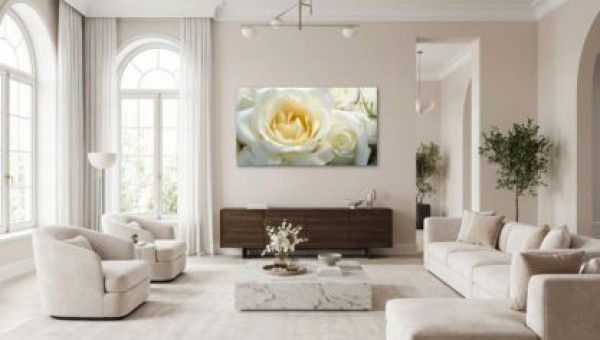
Color of the year 2026 in interior design - how to use it in your home?
In 2026, the Pantone Institute announced a unique, subtle shade of color that immediately attracted the attention of the design world. Cloud Dancer is a luminous white, full of peace, naturalness and lightness.
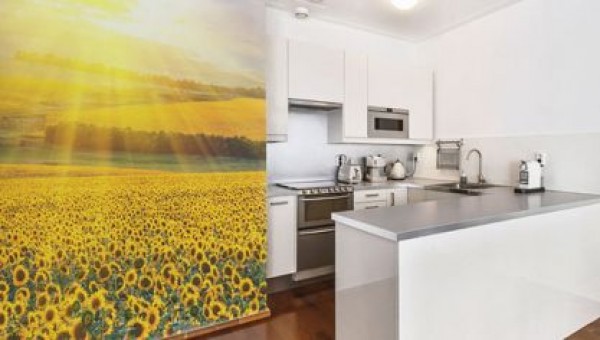
A small kitchen decorated with ideas
A small kitchen can become a real center of home life if we approach its arrangement in a practical way. In a small kitchen, every centimeter counts, and the right arrangement of kitchen furniture, clever use of the wall and bright colors can radically change the room.
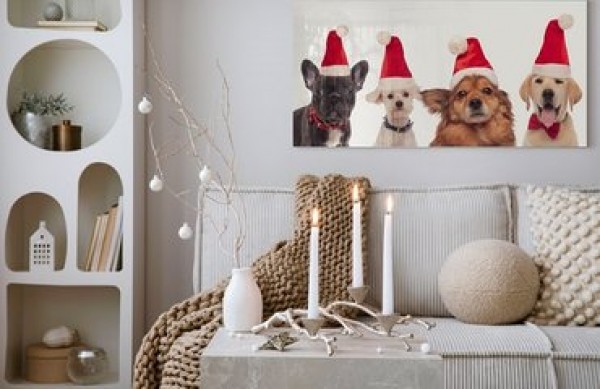
Christmas home decorations - inspiration for warm and atmospheric interiors
The upcoming Christmas holidays are a special time when we want to surround ourselves with a cozy atmosphere and feel the magic of the holidays in every corner of our home. It is worth betting on unique Christmas decorations that will create a unique atmosphere - both inside and outside the house.
